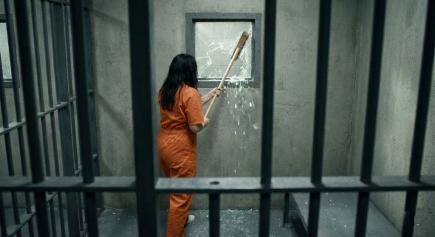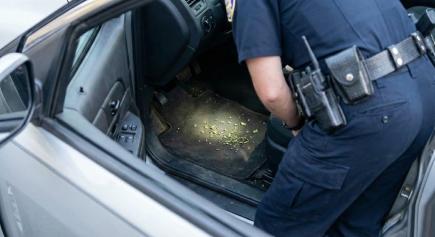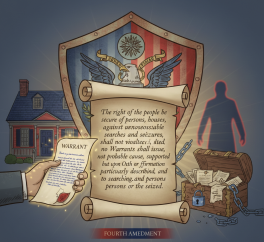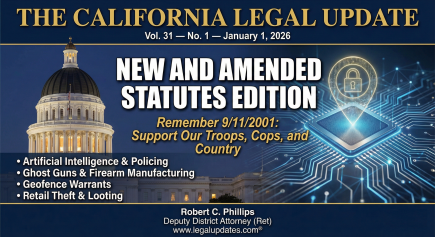

- Ref # CAE00021
- March 03, 2023
What Is An Officer’s Duty to Intercede in Excessive Force Cases? An editorial by Robert Phillips, DDA (Ret).
California Legal Updates Editorial
By Robert Phillips
Deputy District Attorney (Ret.)
The Duty to Intervene
Law enforcement officers have a duty to intervene when witnessing another officer’s use of excessive force. Failing to do so exposes the witness officer to potential civil, criminal, and departmental sanctions.
Two Seminal Cases
In May 2020, George Floyd, a 46-year-old African-American with a long and sometimes violent criminal history, was suffocated to death by Minneapolis Police Officer Derek Chauvin. Chauvin used a knee on Floyd’s neck to pin a handcuffed Floyd to the ground for some 9 minutes and 29 seconds. Three other officers held onlookers back, ignoring Floyd as he cried out that he couldn’t breathe.
All four officers were subsequently criminally prosecuted, indicted on a variety of state and federal charges. Chauvin eventually received a state and federal concurrent prison term of .... © 2026 Legal Updates, LLC.
This content is protected by copyright law. Republishing or redistribution in any form without written permission is strictly prohibited. For licensing or reprint requests, contact support@legalupdates.com.







